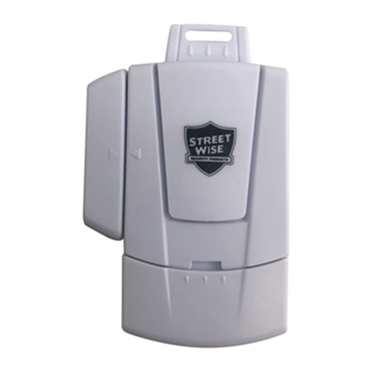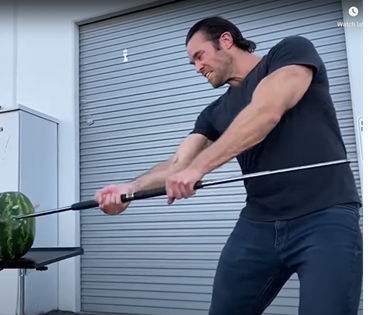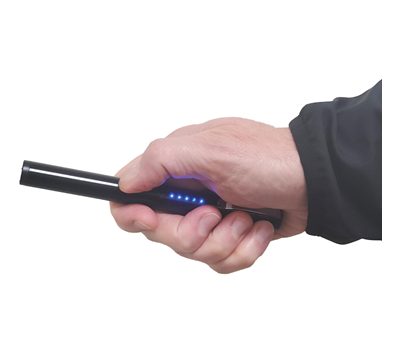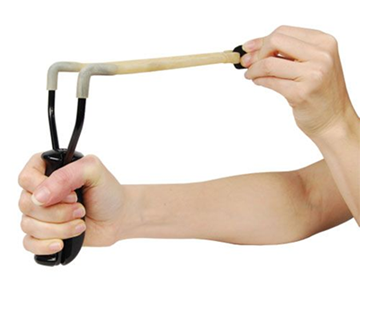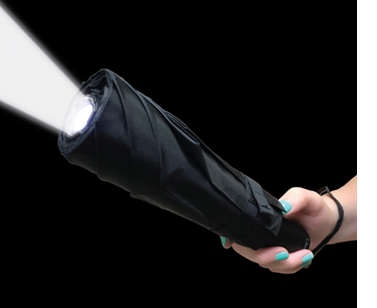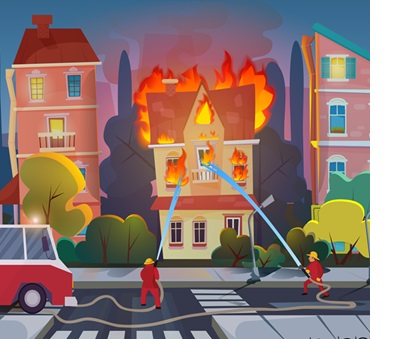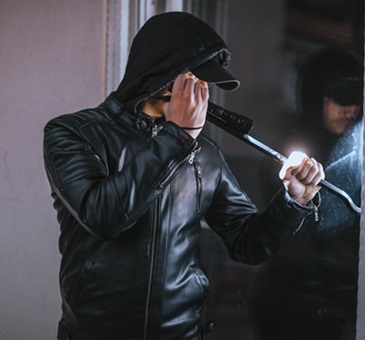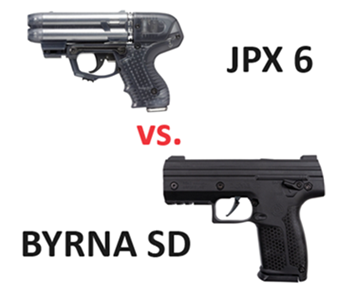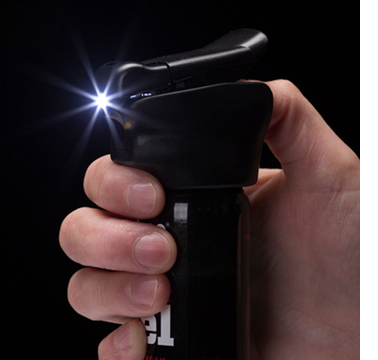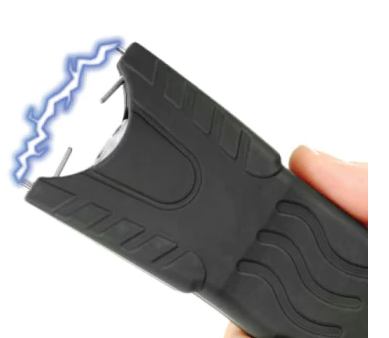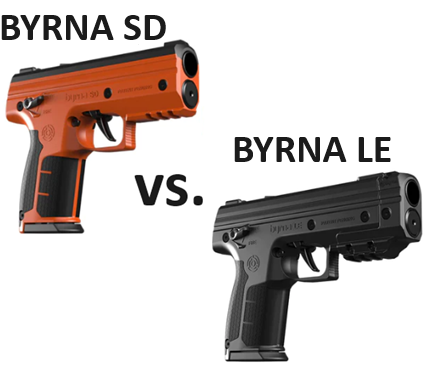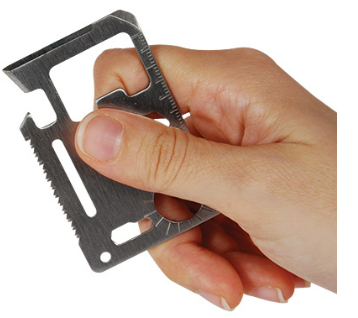Connecticut Stun Gun and TASER Laws
 Stun guns and Tasers have become increasingly popular as non-lethal weapons for self-defense. However, it's important to know the laws and regulations regarding the possession and use of these weapons in Connecticut. As of July 2021, Connecticut law allows people who are at least 21 years old to carry Tasers or stun guns outside their homes if they have a gun permit. Let's take a closer look at the legalities of owning and using these weapons in Connecticut.
Stun guns and Tasers have become increasingly popular as non-lethal weapons for self-defense. However, it's important to know the laws and regulations regarding the possession and use of these weapons in Connecticut. As of July 2021, Connecticut law allows people who are at least 21 years old to carry Tasers or stun guns outside their homes if they have a gun permit. Let's take a closer look at the legalities of owning and using these weapons in Connecticut.
Legal Status of Stun Guns and TASERs in Connecticut
It is legal to own a Taser in Connecticut, but you must meet certain requirements and have a gun permit or gun eligibility certificate to carry it outside your home. Additionally, certain individuals, such as convicted felons or those with a history of mental illness, may be prohibited from possessing an electronic defense weapon like a Taser. It's also important to note that injuring someone with a Taser through criminal negligence can result in misdemeanor or felony charges, depending on the circumstances.
Definition of Electronic Defense Weapon in Connecticut Law
Connecticut law defines an "electronic defense weapon" as a device that can temporarily immobilize someone with an electronic impulse or current. This definition should cover both stun guns and Tasers, despite their differences. The legal definition previously excluded devices that could inflict death or serious physical injury, but that exclusion was removed from the law in 2021.
Permit Required to Carry Stun Gun or Taser
It's a Class D or E felony in Connecticut to carry an electronic defense weapon on your person or in a vehicle unless you're 21 or older and you have a handgun permit or a gun eligibility certificate (which requires successful completion of a gun safety course). The permit requirement doesn't apply to on-duty peace officers or security guards.
Illegal Possession of an Electronic Defense Weapon
It's a Class C felony to possess an electronic defense weapon in Connecticut—even in your own home—if you:
- have been convicted of a felony, a serious juvenile offense, or a certain type of misdemeanor (such as stalking, third-degree assault, threatening someone with violence, or unlawful restraint)
- are subject to a restraining or protective order (after notice) in a case that involved attempted, threatened, or actual violence
- are subject to a firearms seizure order (after notice and a hearing) because you pose a risk of immediate injury to yourself or others
- are addicted to or illegally using controlled drugs, or
- have a certain history of mental illness (including a recent psychiatric hospitalization).
Illegal Use of a Stun Gun or Taser
It's a misdemeanor in Connecticut to injure someone with an electronic defense weapon or any other dangerous instrument through criminal negligence. You can also be charged with a felony if you use a stun gun or Taser while committing another felony. However, Connecticut courts have found that you can't be convicted for both criminal use of an electronic defense weapon and the underlying crime.
What Should You Do If You've Been Charged with a Crime Involving Stun Gun or Taser?
If you've been charged with a crime that involves a stun gun or Taser, it's important to speak with a qualified criminal defense attorney as soon as possible. An experienced attorney can help you understand the charges against you and develop a strong defense strategy to protect your rights.
In conclusion, owning and carrying a stun gun or Taser in Connecticut is legal with a proper permit. However, it's important to understand the laws and regulations regarding the possession and use of these weapons to avoid criminal charges. If you're unsure about the legality of using or carrying an electronic defense weapon in Connecticut, consult a qualified attorney.
See the cost of Stun Guns and TASERS.
Disclaimer: The information provided in this blog post is for general informational purposes only and should not be construed as legal advice. The laws and regulations regarding stun guns, TASER devices, and other electronic defense weapons can vary widely by jurisdiction and can change over time. Therefore, it's important to consult with legal professionals or relevant authorities to obtain accurate and up-to-date information that applies to your specific circumstances.

